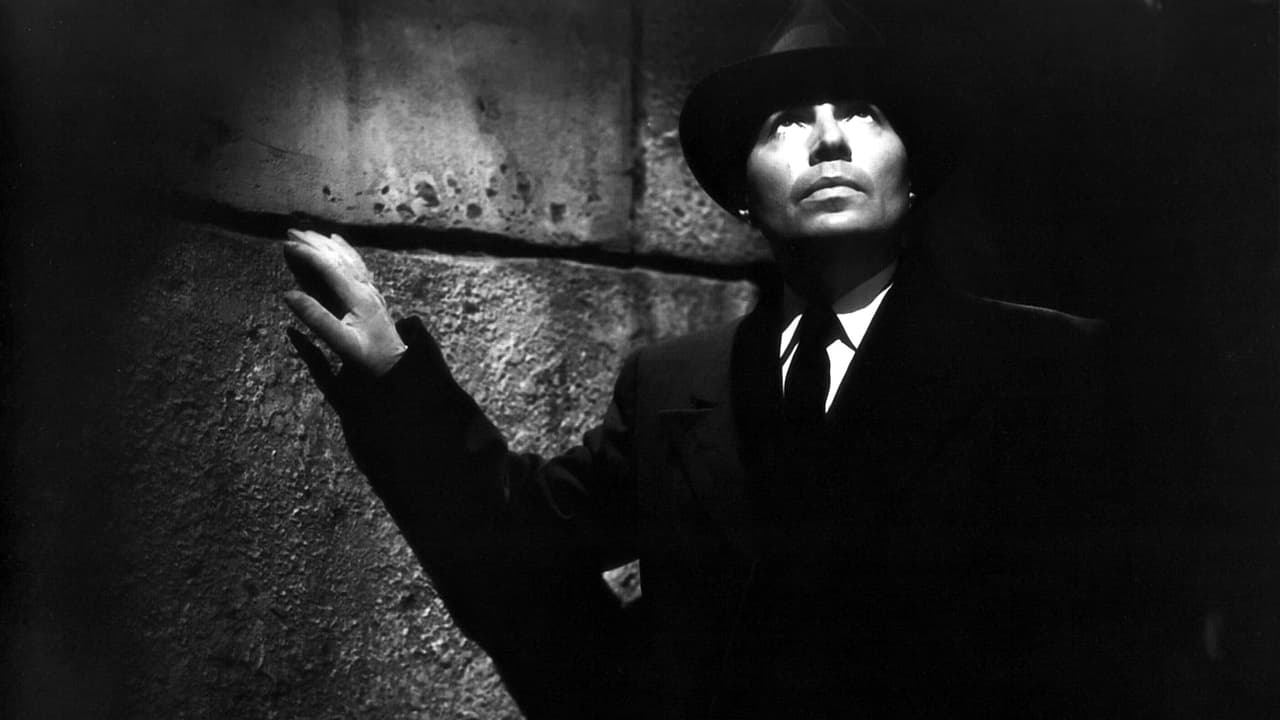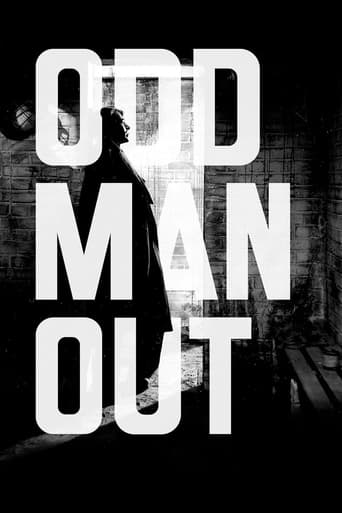

Ignoring the rather unlikely IRA meeting over tea and biscuits at Granny's house prior to a planned armed raid, the first half of this film is great. The pace is furious, the exchanges between the men and women believable and the dark and dismal Belfast streets look amazing. Almost noir like as the film progresses with tension and passions high, we are swept along as road vehicles swerve and skid and 'real' children play in the street and plead for 'pennies' or 'fags'. Mason is splendid and he has good support with spirited direction and a cinematographer enjoying himself. And then it stops. I imagine just so we can get our breath back and await the next surge but I am starting to wonder just where the film can go. And it goes nowhere. It slips into silliness and then into farce - when Robert Newton gives us his broad and knowing sea captain's wink you know its all over but its a shame and the final dip into sentimentality, telegraphed at the very start of the film, is, well the opposite of 'icing on the cake'.
... View MoreAfter a daring Belfast bank robbery, a wounded Irish nationalist leader becomes the object of an intense police manhunt across the city. This is one of the great director Carol Reed's very best films and a landmark in the suspense/crime genre. It is beautifully filmed in black and white with brilliant use of light and shadow, expert camera movement and inventive visual effects. Virtually every shot is a work of art. The cast, headed by James Mason as the IRA leader, is magnificent. Mason gives one of the best performances in his legendary career and he considered this his favorite role. Kathleen Ryan, who would do anything for the man she loves, is also memorable as Mason's girl and Robert Newton is another standout (his scenes in the pub where Mason is being hidden are among the highlights of the film). Every part, large and small, is perfectly played, with most of the supporting players, including rebel gang members Cyril Cusack and Dan O'Herlihy, recruited from Dublin's legendary Abbey Theatre. Reed's crisp direction, the terrific script and outstanding editing help to build the tension all the way to the incredible climax . It is one of the masterpieces of British cinema. The picture was the very first film to win the BAFTA Award as the Best British Film of the Year.
... View MoreJames Mason stars as an IRA member who gets wounded and spends a long dark night being shuttled from one hiding spot to another by people who either honestly want to help or use him for their own personal gain.This is a strange film from Carol Reed, and a bleak one. It has a very cynical attitude about humanity, and a major downer of an ending. I wanted to like it more than I did, because I like Reed so much and the setting appealed to me. But it's very episodic in nature and hard to get into; we're supposed to feel compassion for Mason, but only because we're told to, not because the movie builds an argument for doing so. Mason's character is a blank slate whom we learn nothing about, so the film is a series of scenes detailing what may or may not happen to a random stranger. I get it, we're supposed to feel compassion for him not because we know him but simply because he's a fellow human being, an attitude that we're then supposed to extend to both sides of the IRA issue (or any war for that matter). But I can't help but feel the movie could have done a better job of making that point.Grade: B-
... View MoreThis film noir directed and produced by Carol Reed received critical acclaim on both sides of the pond in 1948; Best Film editing in America and Best British Film of the Year. James Mason plays Johnny McQueen, the leader of an underground Irish organization. A precisely planned heist will put much needed funds in the coffers to keep the group going. Members of the gang feel that Johnny is not ready to pull the job off, because he has been hold up inside hiding too long. The crime is underway and things go sour and Johnny is wounded and doesn't make it back to the hideout. He will roam and hide in the underbelly of a snowy Belfast. The local police put on an all-out search with intent to capturing the revered Johnny McQueen. Suspenseful and dark. A real strong cast that also features: Robert Newton, Cyril Cusack, Kathleen Ryan, Denis O'Dea, Kitty Kinwan and Dan O'Herlihy.
... View More